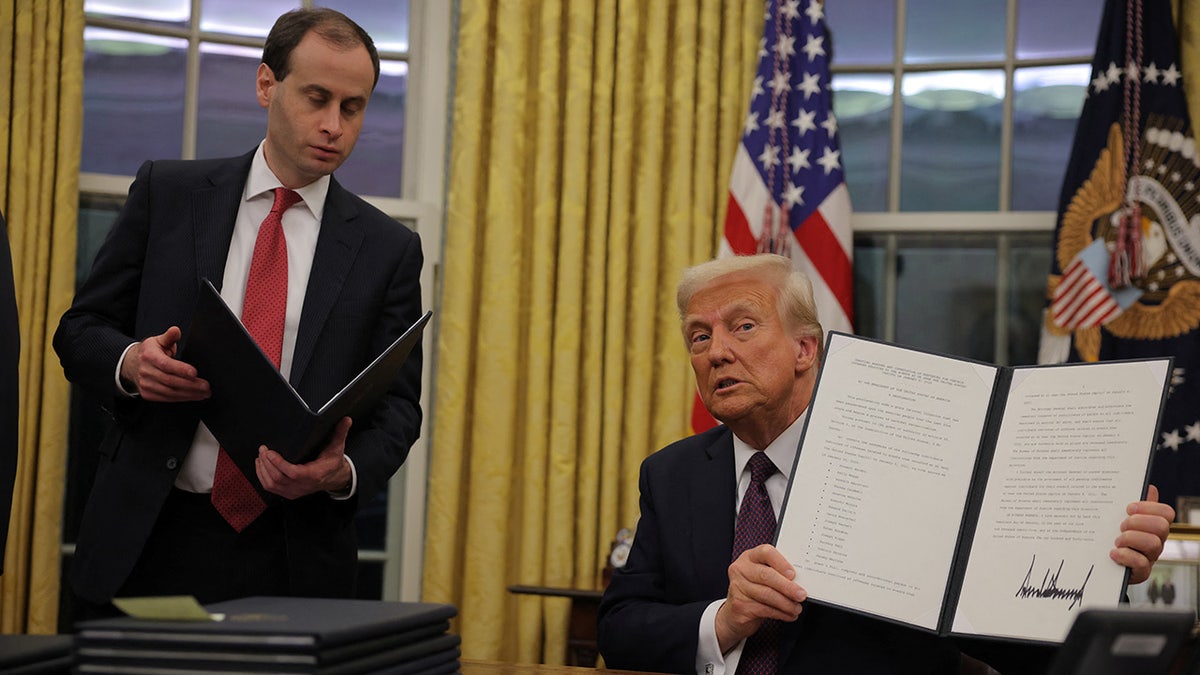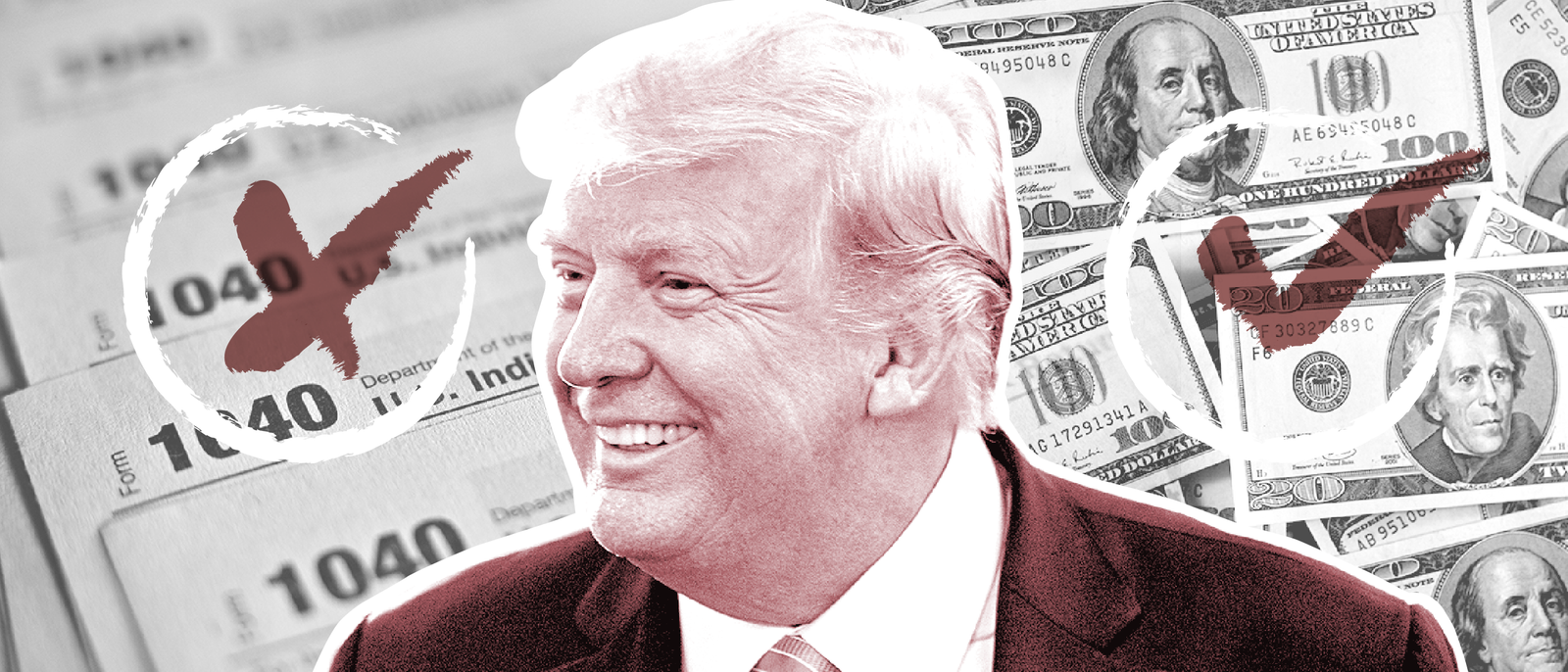The GOP's Flippant Defense of Trump's Agenda

About the People Mentioned
Joni Ernst
Joni Ernst is a Republican U.S. Senator from Iowa, serving since January 2015. Born on July 1, 1970, in Red Oak, Iowa, she grew up on a family farm and later graduated from Iowa State University and earned a master’s degree from Columbus State College. Ernst served over 20 years in the U.S. Army Reserves and Iowa Army National Guard, including deployment as a company commander during Operation Iraqi Freedom. Before the Senate, she was Montgomery County auditor (2005–2011) and then served in the Iowa State Senate from 2011 to 2014[1][2][6][7]. Ernst gained national recognition during her 2014 Senate campaign with a memorable ad emphasizing her farming roots and fiscal conservatism, declaring she knew how to “cut pork” in Washington. She became the first woman to represent Iowa in the U.S. Senate and the first female combat veteran elected to the Senate. Her political positions are firmly conservative, advocating for limited federal government, states’ rights, repeal of the Affordable Care Act, and strong support for Iowa farmers and small businesses. She has also opposed abortion and supported gun rights[2][7]. In the Senate, Ernst has been active on committees related to agriculture, veterans’ affairs, and national defense. She delivered the Republican response to President Obama’s 2015 State of the Union address and supported many of President Trump’s policies, including tax reform and attempts to repeal the Affordable Care Act. She voted against Trump’s conviction in his 2020 impeachment trial. Recently, Ernst sponsored legislation focused on food security and farm protection, reflecting ongoing engagement with agricultural issues important to Iowa[1][2][5]. Ernst continues to represent Iowa with emphasis on economic growth, national defense, and veterans’ support. She resides in Red Oak, Iowa.
About the Organizations Mentioned
GOP
The **GOP**, or **Grand Old Party**, is the widely recognized nickname for the **Republican Party** of the United States, a major conservative political party founded in 1854. It originated from anti-slavery activists opposing the Kansas-Nebraska Act, uniting former Whigs and Free Soilers with a platform centered on halting the expansion of slavery. The party's early historic milestone was the election of Abraham Lincoln in 1860, which precipitated the Civil War; under Lincoln’s leadership, the GOP focused on preserving the Union and abolishing slavery[1][2][3]. Throughout its history, the Republican Party has evolved from its abolitionist roots to champion business interests, industrial growth, and economic policies favoring limited government intervention. In the late 19th and early 20th centuries, it promoted protective tariffs and infrastructure development. The party experienced fluctuating influence, losing ground during the New Deal era but regaining prominence with Dwight D. Eisenhower’s presidency in the 1950s, marked by moderate conservatism[1][2]. Today, the GOP advocates for reduced taxes, conservative social policies, limited government regulation, strong national defense, and states’ rights. It remains one of the two dominant forces in American politics, consistently shaping legislative agendas and national discourse[2]. The party is organized and led nationally by the **Republican National Committee (RNC)**, which manages fundraising, election strategies, and the party platform, coordinating efforts across states and counties under the leadership of a chairman[3][4]. Notably, the acronym "GOP" was popularized in the late 19th century and originally stood for "Grand Old Party," symbolizing the party's legacy in preserving the Union and championing liberty. It is now a common term in political commentary and media[3][5]. In recent years, the GOP has undergone significant membership changes in Congress and leadership adjustments, reflecting its dynamic role in U.S. politics as
















